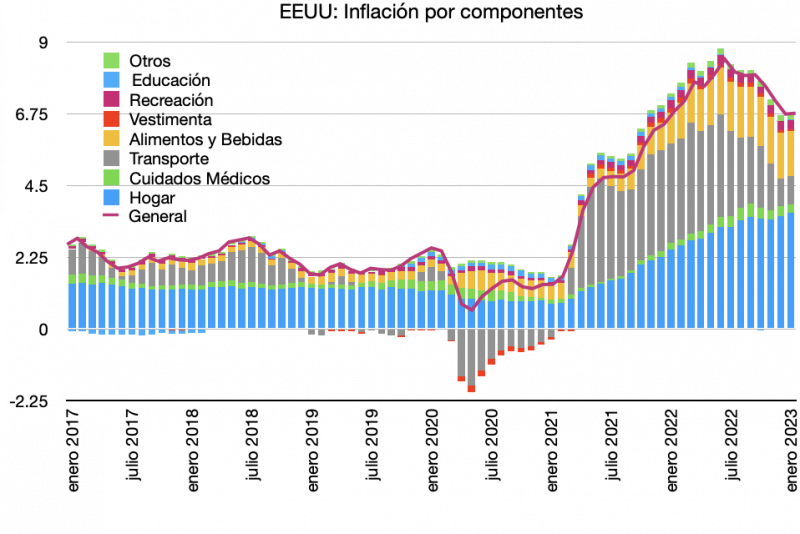The year 2022 began as one of great uncertainty. A timid economic recovery cooled off in the third quarter of 2021, and the US economy, with its gigantic fiscal deficits, failed to pick up steam. Russia's tensions with Ukraine have grown, and there needs to be a sense of how it can be solved. China has grown steadily, and the Asian countries have performed well, counterbalancing the slowdown in the G7 economies. Inflation rose sharply in the US and had no ceiling. Against this backdrop, year 22 began with surprises and a realisation. The surprise was that their currencies depreciate when the Fed moves the interest rate for the first time if the other central banks do not do so simultaneously. That cost the Euro a 23% drop against the dollar. Second, the addition of economic sanctions against Russia over the Ukraine operation became the opportunity of a lifetime for China to consolidate an Eastern financial architecture. Finally, with the world already fragmented, the US opted firmly for import substitution policies and the de-globalisation that goes with them; while the Asian bloc led by China is advancing with its growth and globalisation.










